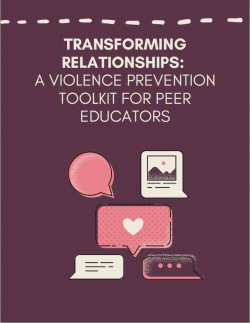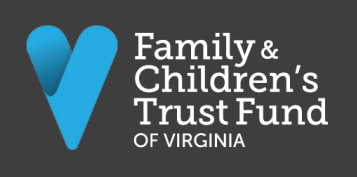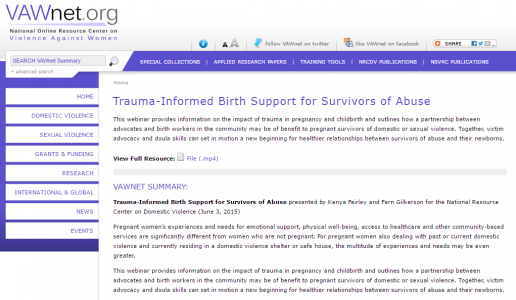Resources Library:
Start a Search:
Transforming Relationships: A Violence Prevention Toolkit for Peer Educators

This document serves as a tool for young adults and supportive professional staff who want to cultivate safer thriving communities on their college campuses. The goal is to empower student leaders to use their knowledge and skills to make transformative change, which will aid their own development as well as pave the way for future classes of students to do the same. The toolkit dives into foundational knowledge, key frameworks, and activities for peer educators to use in their programming.
Transitional Housing for Survivors of Domestic and Sexual Violence: A 2014-15 Snapshot
With funding from the U.S. Department of Justice, Office on Violence Against Women (OVW) (OVW grant 2012-TA-AX-K003), the American Institutes for Research’s National Center on Family Homelessness has completed a comprehensive review of transitional housing for survivors of domestic and sexual violence. The report and accompanying media, released in early 2017, look closely at the programs, the diverse individuals and families served, the varied operating environments, the types of challenges faced, and the range of approaches taken.
The report is built around interview data from in-depth conversations with more than 120 current and former OVW grantees. In addition to hundreds of comments from providers, each of the report’s 12 chapters, on different aspects of the subject, contains information from and links to pertinent literature and online resources. As a whole, the report provides a robust and detailed snapshot of transitional housing programs, illustrating the essential role they play for survivors, and the importance of a survivor-centered, trauma-informed approach that reflects local conditions. The report and accompanying webinars, podcasts, and broadsides can be accessed at http://www.air.org/THforSurvivors/.
Trauma Informed Principles through a Culturally Specific Lens
The content of this resource is primarily intended for culturally specific, community-based organizations and seeks to provide practitioners with accessible language to describe the trauma informed/culturally specific overlap of their work. This is an effort to uplift their collective knowledge and commitment to actively resist re-traumatization, foster inclusivity, and promote social justice. The document first begins by exploring relevant definitions in the context of trauma informed work and gender based violence. Through specific examples and tips to organizations, we also highlight core principles that apply to working in a trauma informed and culturally specific manner. We conclude by providing a practice scenario and questions to help organizations think through their capacity, philosophy, and commitment to trauma informed and culturally specific approaches.
Trauma-Informed Approaches to Elder Abuse: Applying trauma-informed care to in-home services

This issue brief overviews elder abuse, neglect and exploitation and examines how to apply a trauma-informed framework that is sensitive to older adults’ unique social, physical and cultural needs. For the purpose of this brief, “older adults” refers to adults 60 years or older and “inhome services” refers to any program that sends volunteers or professionals to the homes of older adults. An electronic version of this brief and accompanying resources are available at: www.fact.virginia.gov/trauma.
Trauma-Informed Birth Support for Survivors of Abuse Webinar

This VAWnet webinar provides information on the impact of trauma in pregnancy and childbirth, and outlines how a partnership between advocates and birth workers in the community may be of benefit to pregnant survivors of domestic or sexual violence. Together, victim advocacy and doula skills can set in motion a new beginning for healthier relationships between survivors of abuse and their newborns.
http://www.vawnet.org/summary.php?doc_id=4511&find_type=web_desc_TT

